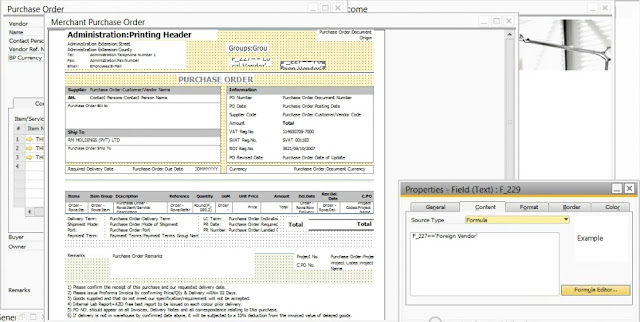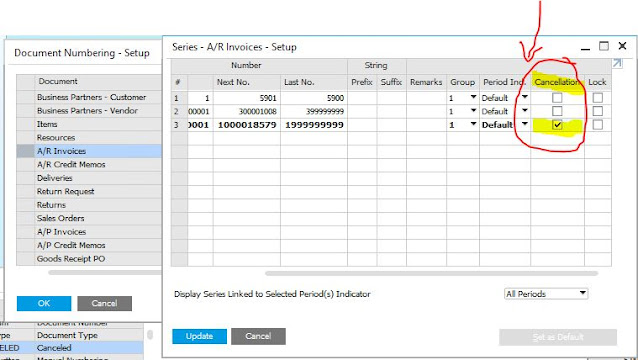What are the problems and limitations associated with ERP system implementation
We are looking for a solid system to run the business functions in the organization. Unless there is no return from the system and no productivity. Normally, the implementation of an ERP system takes a considerable amount of investment. So, the worth of money and worth of the product is important.
What causes to make failures in the ERP systems?
The major problem that has arisen with the ERP system in the organization is having gaps between several instances like the knowledge gap, resource gap, and communication gap. The gaps may make major failures in the ERP system starting from the implementation age. For example, most of the companies have a lack of resources like financial resources and human resources to invest in the ERP projects at the beginning as well as a lack of corporate policies to protect data integrity and standardize the business process.
Here are several limitations
- The success of the ERP system implementation depends on the skills and experiences of users like employees. But, they don't have the required knowledge about how the ERP system functions correctly. Most of the organizations try to cut the costs by minimizing the training and development budget. Generally, small private enterprises are often undercapitalized, and the system is operated by novice users who don't have a good educational background. However, they don't have experience in working with the systems.
- Employee turnover and newcomers come and enter data into the system may lead to having incorrect data. However, the organization employs new managers who have a lack of awareness about the current system and its procedures. Furthermore, proposing changes in the business process are out of synchronization with the best utilization of the ERP system.
- The proposed ERP system may be expensive to implement under the current business context.
- The ERP vendors and the service providers will charge sums of money as annual licenses and maintenance costs which are not suited to the size of the company by utilizing the ERP and its profitability.
- The quality of the services are provided by the service providers at the post-implementation stage is not at the required level and the technical support personnel often reply to callers which are not appropriate for the company procedures as well as the data integrity. For example, either a non-programmer or a novice user makes changes in the ongoing system.
- The ERPs are too rigid and standardized applications are difficult to adapt to the specific business process flows. This is one of the main causes of ERP failures.
- It may suffer the weakest-link failure problem that happens when one department or user's failure will reflect to cause a failure in another department or user.
- All the time the system requires high accuracy of data, incorrect data likes Garbage will reduce the reliability and the integrity of the application.
- The blurring of company boundaries results to have problems in lines of user responsibility and user's morale. Finally, it will have a sound effect on the success of the ERP.
- Resistance to change for the system and the process may cause to reduce the effectiveness of the ERP implementation process.
- There are frequent compatibility issues when migrating from the legacy system to the new ERP system whereas most of the small enterprises use small applications to cater to the business functions that don't have well-structured data to fulfill the ERP requirements.
- Some of the ERPs are over-engineered in relation to the actual requirements of the customer.




Comments
Post a Comment